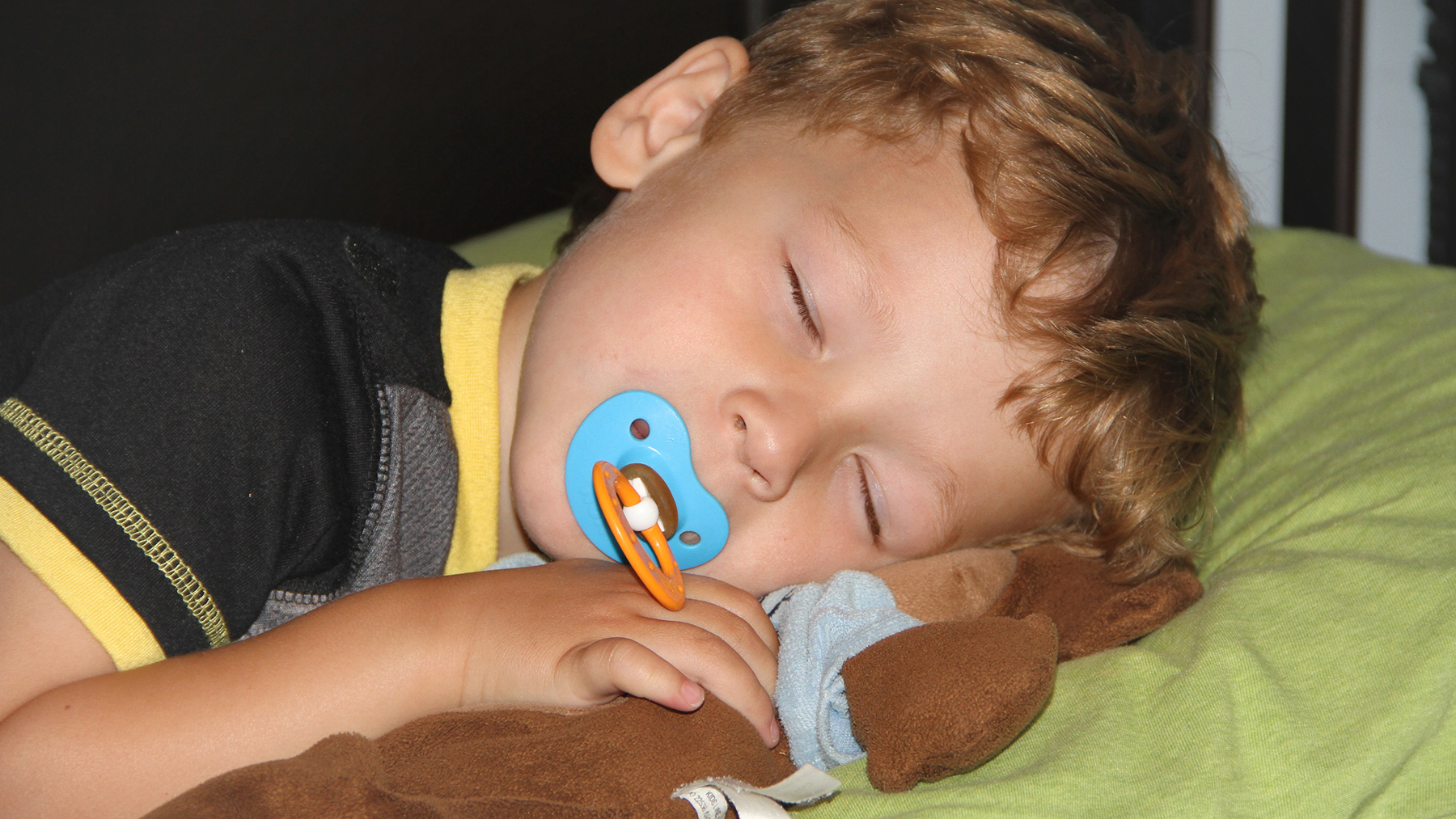Early bedtimes for preschoolers might cut obesity risk
 Developing good sleep habits may be even more important for young children than we knew -- an Ohio State study suggests that a 4-year-old’s bedtime could determine their likelihood of obesity later in life.
Developing good sleep habits may be even more important for young children than we knew -- an Ohio State study suggests that a 4-year-old’s bedtime could determine their likelihood of obesity later in life.
Preschool-age children who are tucked in at 8 p.m. or earlier each night are much less likely to become obese teenagers than young children who go to bed later, according to research published in “The Journal of Pediatrics.”
The study, led by Sarah Anderson, PhD, of The Ohio State University College of Public Health, charted the height and weight of nearly a thousand children in 10 U.S. cities from the ages of 4 to 15. Children whose parents reported putting them to bed after 9 p.m. were more than twice as likely to be obese by age 15 than children who regularly went to bed at 8 p.m. or earlier.
“We found that, among preschoolers who went to bed at 8 p.m. or earlier, only one in 10 were obese as teenagers,” Anderson says.
In teenagers who had gone to bed after 9 p.m. as preschoolers, the obesity rate was 23 percent, versus 10 percent for those in bed by 8 p.m. and 16 percent for children who were tucked in between 8 and 9 p.m.
“That’s a significant difference,” Anderson says.
Meena Khan, MD, a sleep specialist at Ohio State Wexner Medical Center, says preschoolers need 10 to 12 hours of sleep a night. And when children go to bed later, they may be snacking on high-calorie foods later.
“There may be some changes in metabolism and hormones that may lead to obesity,” Khan adds.
Other ways sleep affects preschoolers
Previous sleep research has shown that the routine of earlier bedtimes could benefit children in other ways, too. A study in the United Kingdom found that children ages 3 to 7 who went to bed later had more behavioral problems in school.
A study in Japan found that 2-year-olds who had late or irregular bedtimes were more likely to show aggression and have attention problems as 8-year-olds.
While the “Journal of Pediatrics” study didn’t account for the duration of each child’s sleep, there is research that shows that getting plenty of sleep can help prevent obesity, too. A study in New Zealand found that for each additional hour of sleep children got in a typical night between the ages of 5 and 11, their BMI was about one unit lower as 32-year-olds.
Khan says children who don’t get 10 to 12 hours of sleep each night might have trouble sitting still, concentrating and retaining information in school.
“They may have ‘behavioral problems,’” she says, “but it’s not really a behavioral issue – it’s because they’re tired and they’re not getting enough sleep.”




